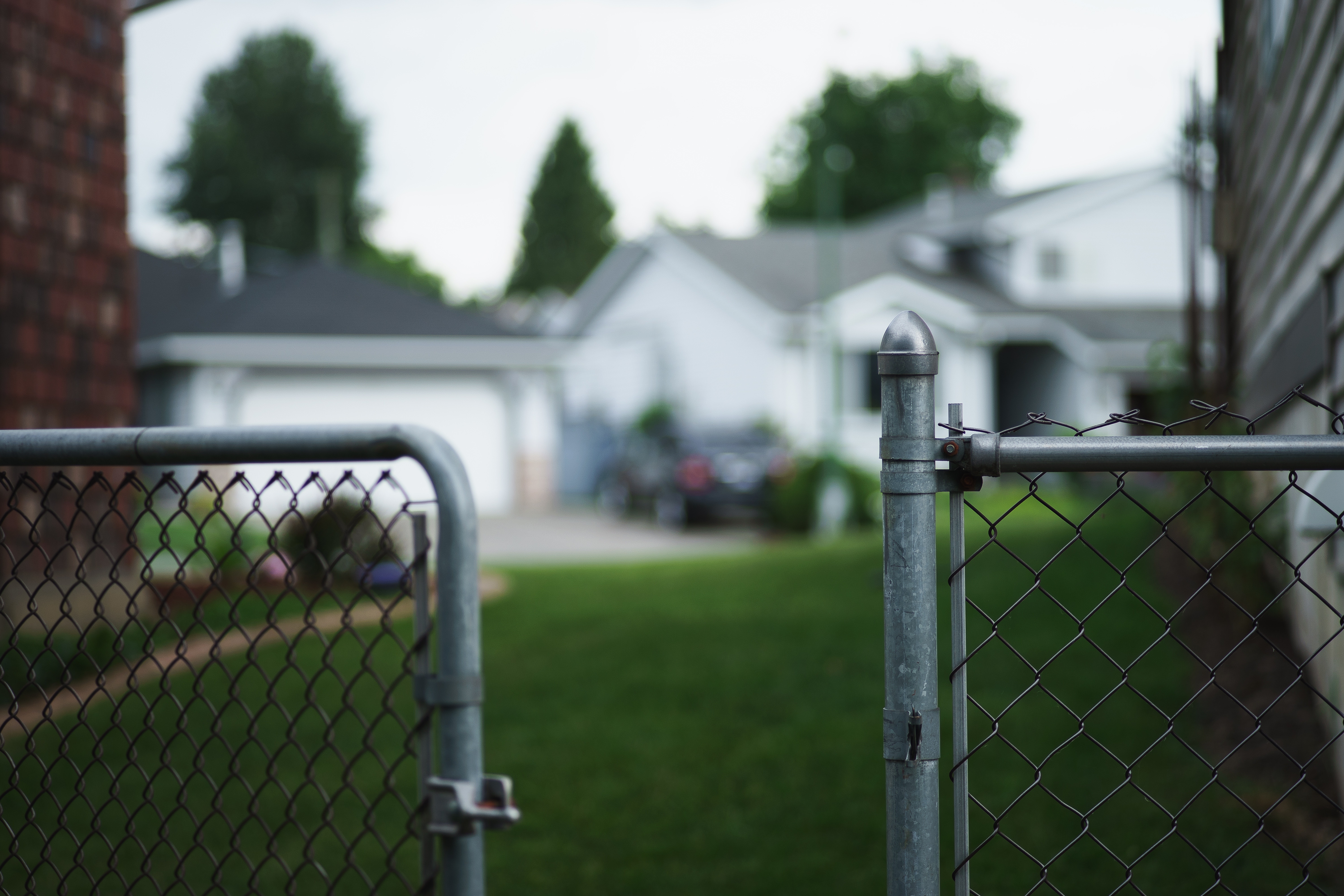People living near ‘crack shacks’ and other dangerous nuisance properties have been waiting more than half a decade for a law to actually help them.
People who have criminals operating on the streets, where they live and work, deserve to know that they can speak up and remain safe.
In turn, authorities need the teeth to shut down dangerous properties, quickly and for good.
Mike Farnworth, Minister of Public Safety and Solicitor General says that’s what the Community Safety Act aims to do.
He says a Community Safety Unit will be established before the end of the year and anyone will be able to submit a confidential complaint to the unit.
Farnworth says the unit will investigate, work with property owners and take escalating steps including ending tenancy agreements or closing a property for up to 90 days.
Specified nuisance or criminal activities include drug production and trafficking, possession of illegal firearms or explosives, after-hours sales of liquor, providing liquor or drugs to minors.




